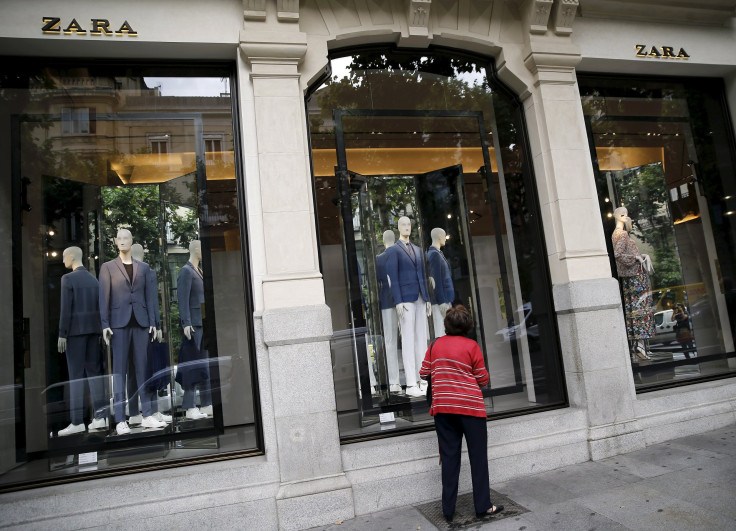Zara May Need A Reputation Makeover Following The Store’s Reported Racial Profiling Practice

Zara, a popular Spanish retail giant is hit with controversy as a new report suggests the stores may be using discriminatory racial profiling to identify potential shoplifters. A recent survey from the Center for Popular Democracy (CPD) accused the high-street store of classifying its customers based on race.
According to The Guardian, the Center for Popular Democracy surveyed 251 Zara employees in New York and conducted a round of focus groups between the months of February and April. The report released by the CPD Monday claims that Zara had a "code word" for identifying suspected shoplifters, and black customers were far more likely than white shoppers to be labeled as potential thieves. The CPD report also claims that “employees of color face unequal conditions within the company’s eight New York City stores."
The 12-page report mentions the Zara’s practice of labeling customers as "special orders"— a security code used for suspected shoplifters. After a "special order" is identified, an employee would follow the customer around the store. The code reportedly was changed midway through CPD’s survey, from "special order” to “customer service,” but notes that "workers interviewed after the change confirmed that the practice remains the same under a different label."
Meanwhile, Zara has issued a statement denying the allegations, telling Fashionista that: "Zara USA vehemently refutes the claims contained in the Center for Popular Democracy report, which was prepared with ulterior motives and not because of any actual discrimination or mistreatment. It fails to follow an acceptable methodology for the conduct of a credible objective survey on workplace practices and instead appears to have taken an approach to achieve a pre-determined result, which was to discredit Zara. Zara USA believes that the claims made in the report are completely inconsistent with the company's true culture and the experiences of the over 1,100 Zara employees in New York City and over 3,500 in all the U.S."
This isn’t the first time that Zara has come underfire for questionable practices. Reuters reported earlier this month that Zara’s ex-lawyer filed a $40 million lawsuit claiming he was harassed and ultimately fired for being Jewish, American and gay.
Aside from the lawsuit, Zara also made a "fashion pas" in August 2014, when a children’s T-shirt design bore a striking resemblance to a concentration camp uniform. Zara hastily pulled the item from their shelves after receiving a slew of complaints.
© Copyright IBTimes 2024. All rights reserved.











